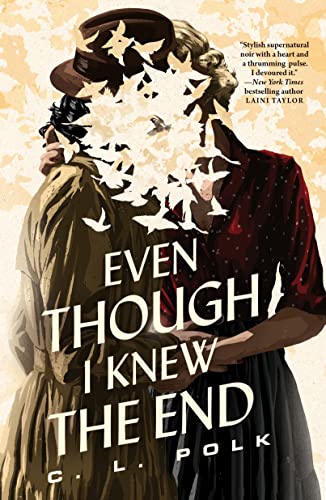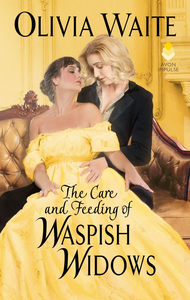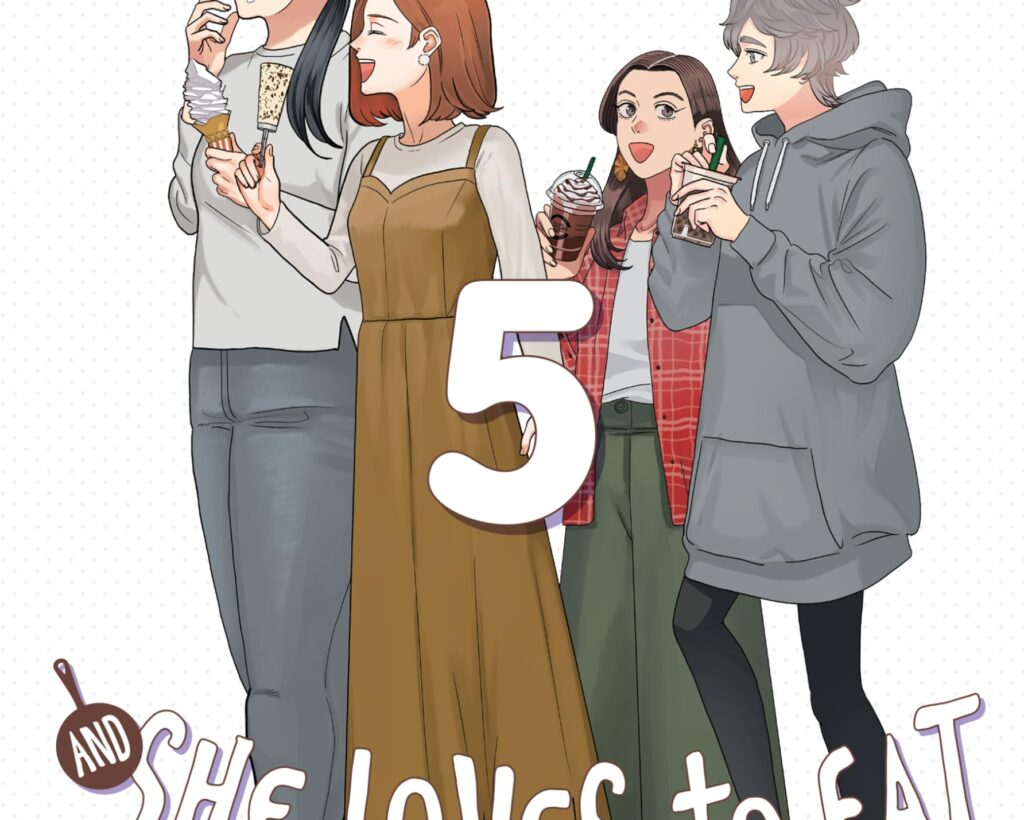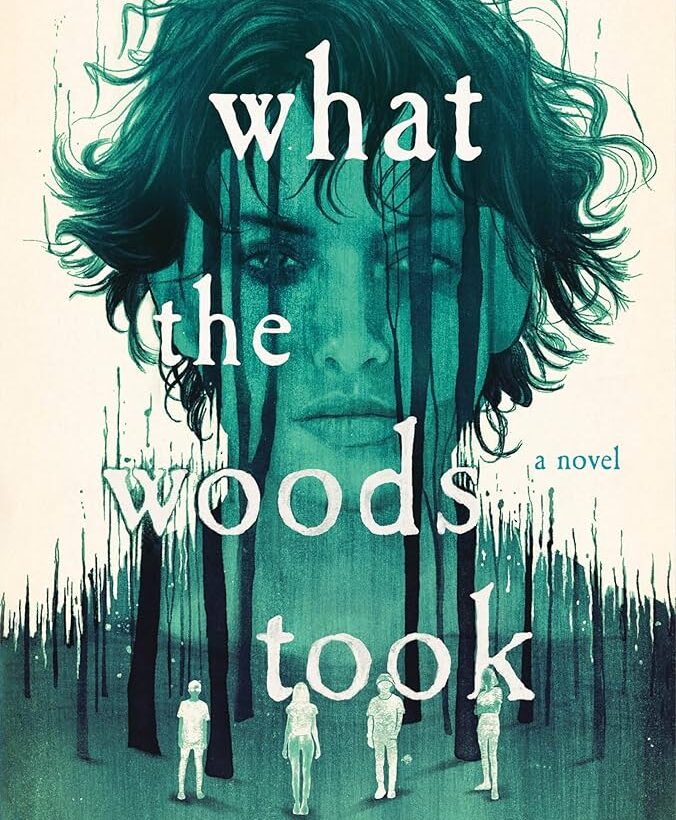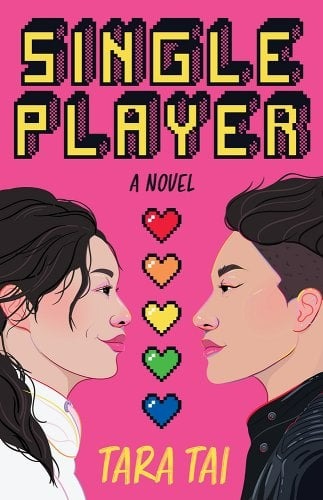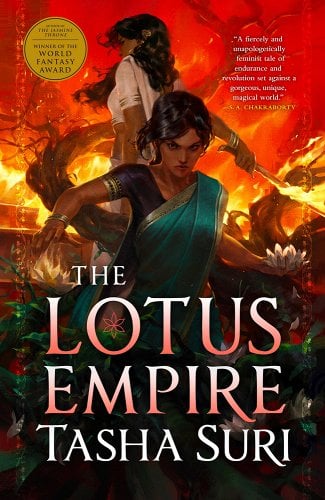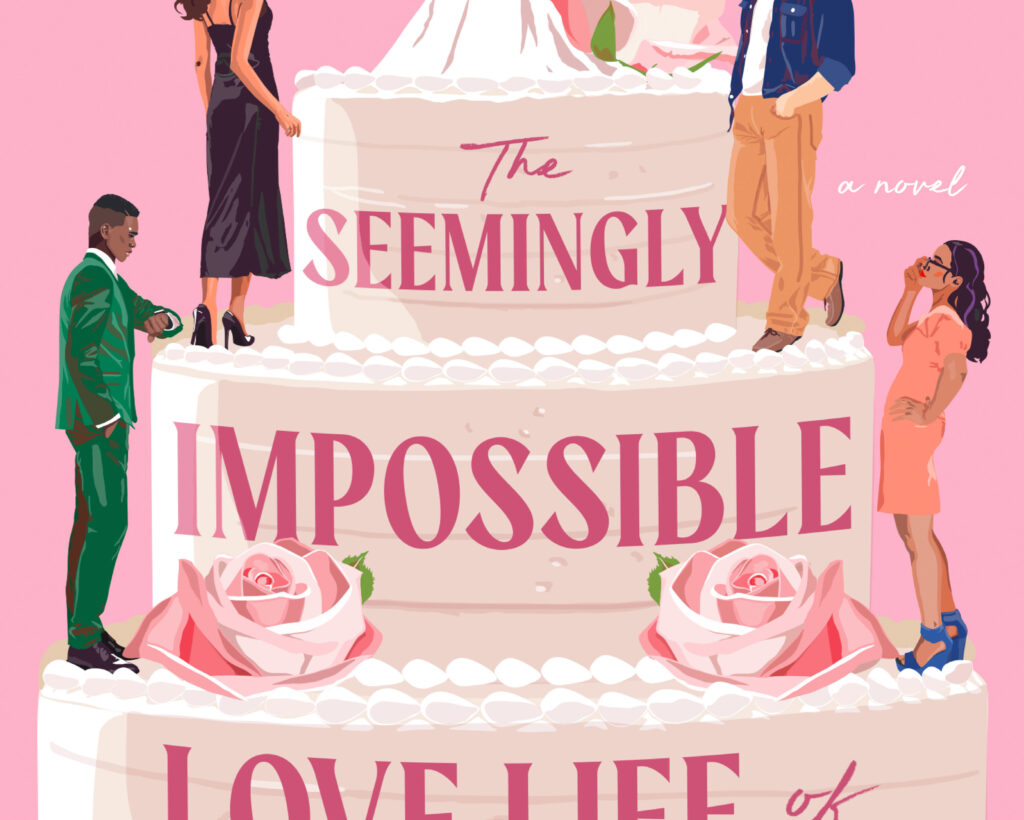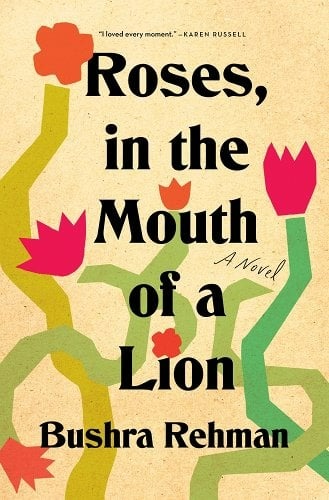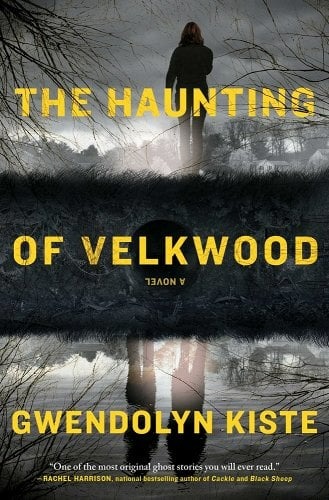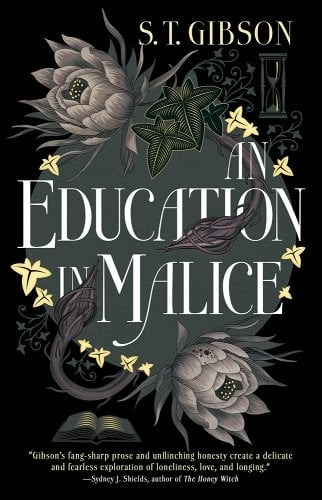In 1940s Chicago, a serial killer known as the White City Vampire spreads fear as everyone wonders who his next victim will be. Helen Brandt, an exiled magician deemed a warlock for her crimes against the Brotherhood, is on the case. But as the mystery unfolds, her past comes back to haunt her, and sheRead More
The Little Things that Add Up: The Care and Feeding of Waspish Widows by Olivia Waite Review
Olivia Waite’s The Care and Feeding of Waspish Widows is the second book in her Feminine Pursuits historical romance series, and although they are connected loosely, one can easily start here. Waspish Widows centers on beekeeper Penelope and printer Agatha, two women in their 40s who form a deep friendship through caring for a colony of bees that happenedRead More
A Queer and Compassionate Foodie Manga Series: She Loves to Cook, and She Loves to Eat Vols 1-5 by Sakaomi Yuzaki Review
We’ve recommended this sapphic manga series at the Lesbrary several times before, but that was when there were only a couple volumes out. I just finished volume five, and I needed to let you all know that it has only gotten better with time. She Loves to Cook, and She Loves to Eat is myRead More
A Chilling YA Horror: What the Woods Took by Courtney Gould Review
Courtney Gould’s What the Woods Took is a creepy YA horror that follows a group of teenagers who are sent on a hike through the woods as part of an experimental wilderness therapy program: an abusive, exploitative practice with very little oversight. Even before the supernatural horrors began, we have teenagers getting kidnapped out of theirRead More
A Geeky, Charming Workplace Romance: Single Player by Tara Tai Review
In this dual POV romance, Cat starts working at a video game company, hired to add in romance plot lines to a fantasy game in progress. Her boss is Andi (who uses she/they pronouns), who is skeptical of the addition of romance to the game, to put it generously. It’s the result of a “suggestion”Read More
A Fiery Finale: The Lotus Empire by Tasha Suri
In 2021, three brilliant, yellow-covered epic fantasy books came out, all of them with sapphic leads, and thus the Sapphic Trifecta was born. I have read and loved them all (and talked about them here, along with several other Lesbrarians), but I think if I were to pick a favorite, I would have to say TheRead More
3 Sapphic Books I Rated 3 Stars (That You Might Rate 5 Stars)!
One of the biggest struggles I have as a reviewer for the Lesbrary is wanting to present only the sapphic stories that I believe to be the best. I am very much aware that I am a consumer, not a creator, and that if asked to create an original story, I would not fare nearlyRead More
Compelling, Real, & Raw: Roses in the Mouth of a Lion by Bushra Rehman
Razia Mirza grows up amid the wild grape vines and backyard sunflowers of Corona, Queens, alongside her best friend, Saima. When a family rift drives the girls apart, Razia’s heart is broken. She finds solace in Taslima, a new girl in her close-knit Pakistani-American community, all while trying to manage the religious and cultural expectationsRead More
The Ghosts and Secrets of Suburbia: The Haunting of Velkwood by Gwendolyn Kiste
If I had a nickel for every book I’ve read recently about a suddenly haunted suburb, I’d have two nickels. Which isn’t a lot, but I guess authors are stepping up to throw those sorts of neighborhood into the ghost void. The Haunting of Velkwood by Gwendolyn Kiste is a great little horror romp about a disappearing neighborhood,Read More
All of the Sapphic Vampires, None of the Victorian Homophobic Overtones: An Education in Malice by S. T. Gibson
Like many queer women, I’m sure, I have a strange relationship with the original Carmilla. On the one hand, sapphic vampires are objectively sexy. On the other hand, the way the danger she poses is framed as inextricably linked to her queerness (and her foreignness) is, well, unpleasant, to say the least. I always say thatRead More
- 1
- 2
- 3
- …
- 8
- Next Page »
